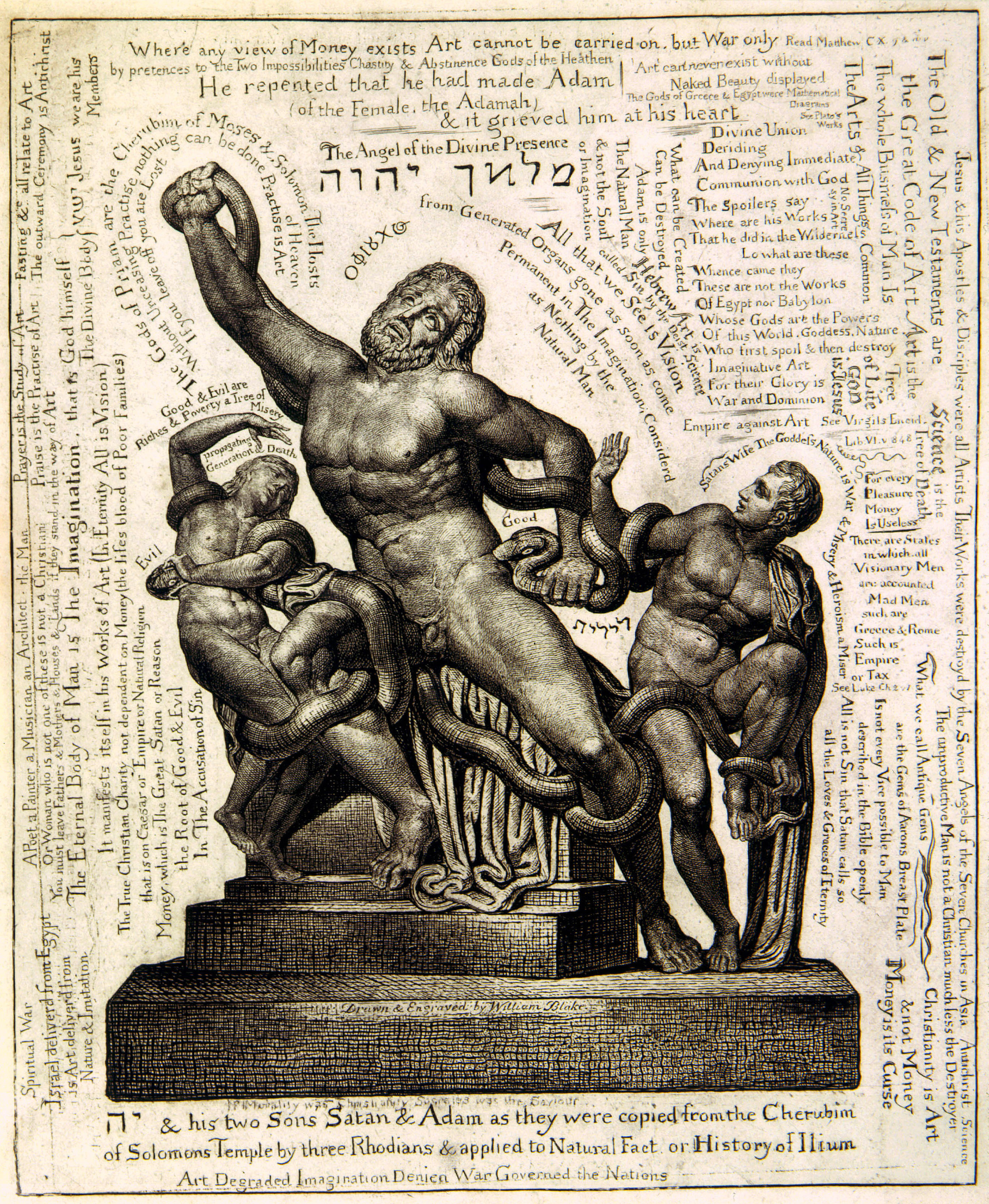’s Book of King
Arthur and of his Noble Knights of the Round Table
Lancelot's crisis of identity:
"with the rebuke that Queen Guenever gave him I saw him swoon to the earth; and when he awoke he took his sword in his hand, naked save his shirt, and leapt out at a window with the grisliest groan that ever I heard man make."
Fruitless search to return him to Camelot:
"And then they rode from country to country, in forests, and in wilderness, and in wastes; and ever they laid watch both at forests and at all manner of men as they rode, to hearken and spere after him, as he that was a naked man, in his shirt, with a sword in his hand. And thus they rode nigh a quarter of a year, endlong and overthwart, in many places, forests and wilderness, and oft-times were evil lodged for his sake; and yet for all their labour and seeking could they never hear word of him. And wit you well these three knights were passing sorry."
He lived like a beast in the wilderness:
"speak we of Sir Launcelot that suffered and endured many sharp showers, that ever ran wild wood from place to place, and lived by fruit and such as he might get, and drank water two year; and other clothing had he but little but his shirt and his breech."
.jpg) |
| Museum of Fine Arts Boston Large Color Printed Drawings Nebuchadnezzar |
Theomorton lost his bearings when he rejected Oothoon, thinking her defiled.
Visions of Daughters of Albion, Plate 3, (E 47)
"Then Theotormon broke his silence. and he answered.
Tell me what is the night or day to one o'erflowd with woe?
Tell me what is a thought? & of what substance is it made?
Tell me what is a joy? & in what gardens do joys grow?
And in what rivers swim the sorrows? and upon what mountains
Plate 4
Wave shadows of discontent? and in what houses dwell the wretched
Drunken with woe forgotten. and shut up from cold despair.
Tell me where dwell the thoughts forgotten till thou call them forth
Tell me where dwell the joys of old! & where the ancient loves?
And when will they renew again & the night of oblivion past?"
After Enion fled, Tharmas found life to be 'endless torment.'
Four Zoas, Night IV, Page 47, (E 331)
[Tharmas speaks:]
"How is this All my hope is gone for ever fled
Like a famishd Eagle Eyeless raging in the vast expanse
Incessant tears are now my food. incessant rage & tears
Deathless for ever now I wander seeking oblivion
In torrents of despair in vain. for if I plunge beneath
Stifling I live. If dashd in pieces from a rocky height
I reunite in endless torment. would I had never risen
From deaths cold sleep beneath the bottom of the raging Ocean"
Los' struggle was between continuing to support Albion and maintaining his own integrity.
Jerusalem, Plate 6, (E 149)
"But still the Spectre divided, and still his pain increas'd!
In pain the Spectre divided: in pain of hunger and thirst:
To devour Los's Human Perfection, but when he saw that Los
PLATE 7
Was living: panting like a frighted wolf, and howling
He stood over the Immortal, in the solitude and darkness:
Upon the darkning Thames, across the whole Island westward.
A horrible Shadow of Death, among the Furnaces: beneath
The pillar of folding smoke; and he sought by other means,
To lure Los: by tears, by arguments of science & by terrors:
Terrors in every Nerve, by spasms & extended pains:
While Los answer'd unterrified to the opake blackening Fiend
And thus the Spectre spoke: Wilt thou still go on to destruction?
Till thy life is all taken away by this deceitful Friendship?
He drinks thee up like water! like wine he pours thee
Into his tuns: thy Daughters are trodden in his vintage
He makes thy Sons the trampling of his bulls, they are plow'd
And harrowd for his profit, lo! thy stolen Emanation
Is his garden of pleasure! all the Spectres of his Sons mock thee
Look how they scorn thy once admired palaces! now in ruins
Because of Albion! because of deceit and friendship!"
Paul sought deliverance because he
could not measure up to the laws' demands.Romans 7
[19] For the good that I would I do not: but the evil which I would not, that I do.
[20] Now if I do that I would not, it is no more I that do it, but sin that dwelleth in me.
[21] I find then a law, that, when I would do good, evil is present with me.
[22] For I delight in the law of God after the inward man:
[23] But I see another law in my members, warring against the law of my mind, and bringing me into captivity to the law of sin which is in my members.
[24] O wretched man that I am! who shall deliver me from the body of this death?




.jpg)
